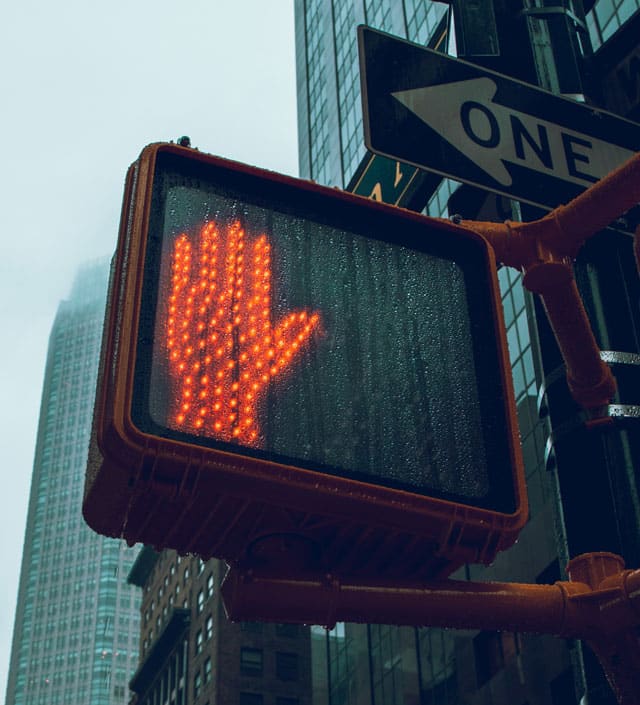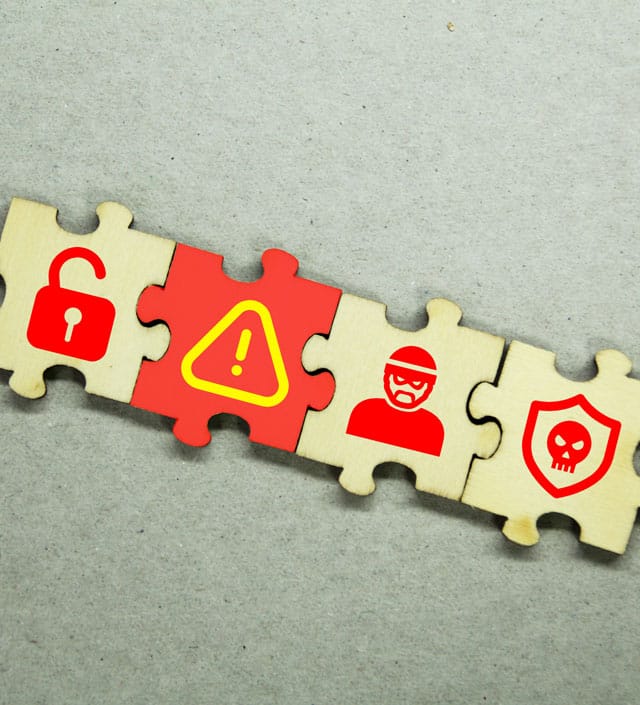The Consumer Financial Protection Bureau has taken steps to stop banks from collecting certain unfair check fees.
The CFPB issued guidance Wednesday warning that it considers two junk fees to be “surprise” practices that violate the Consumer Financial Protection Act. It followed an enforcement action last month.
The agency estimates these two changes will save consumers $3 billion of the $15 million that banks collect annually in overdraft fees.
One practice charges overdraft fees as high as $36 even when consumers have sufficient funds to cover a debit at the time the bank authorized the transaction.
The other practice charges depositor fees indiscriminately to every person who deposits a check that bounces. The penalty is a shock to depositors who are debited and also charged a fee after believing a check had added cash in their accounts.
“These are junk fees. They’re unfair, and they hit marginalized Americans the hardest, especially low-income folks and people of color,” President Joe Biden said Wednesday. “They benefit big corporations, not consumers, not working families.”
Federal regulators, including the Federal Reserve, in early 2015 began cautioning financial institutions against charging overdraft fees on payments they authorized.
Last month, Biden made it a priority for federal agencies to act to curb hidden fees, charges and add-ons that families struggle to pay.
CFPB Director Rohit Chopra said he then directed CFPB examiners “to focus more attention on the institutions that have an aberrant level of their deposit-account fee revenue coming from” overdraft and nonsufficient funds fees.
More such guidance is expected.
“Americans are willing to pay for legitimate services at a competitive price but are frustrated when they are hit with junk fees for unexpected or unwanted services that have no value to them,” Chopra said.
Surprised parties
Customers agree to certain overdraft fees when they open an account, but debits and deposits often don’t post in an anticipated or chronological pattern due to complex back-office practices that banks rely on to justify charging the fee, the CFPB wrote in its “Consumer Financial Protection” circular released Wednesday.
If a bank displays to a vendor that the vendor’s customer has available funds to cover a debit-card purchase at the time of the transaction, it is reasonable for the customer to trust there is no risk of overdraft fees, Chopra said.
Likewise, a person depositing a check has no control over whether the check is honored by the issuing bank. That depositor is the victim, not depositor’s bank, if the check doesn’t clear, the CFPB wrote in its guide. Yet, banks often charge the depositor a penalty of $10 to $19 for depositing the bad check.
Many reasons can cause deposited checks to “bounce,” including the same complex back-office practices that banks rely on to justify charging unfair overdraft fees.
The person depositing the check could not anticipate the check would bounce, so penalizing the depositor cannot deter the originator from writing bad checks, the CFPB bulletin explains.
For example, Biden said, a family might sell a child’s outgrown bicycle for $30, which the buyer pays by check. The buyer’s bank returns the check to the family’s bank for insufficient funds. The family’s bank then debits the $30 from their account, plus charges them a $15 returned-check fee.
Financial institutions can generally stay on the right side of the Consumer Financial Protection Act by tailoring fee policies to charge only depositors who could have avoided the returned check, such as when a depositor repeatedly deposits bad checks from the same originator, according to the guidance.
Anti-junk-fee program
Last month, the CFPB took action against Alabama-based Regions Bank for this overdraft practice, known as authorized positive fees. Regions Bank now must reimburse consumers all the funds it unlawfully charged since August 2018 and pay a $50 million penalty, among other consequences
Chopra said the guidance issued Wednesday is part of the continuing junk-fee effort across the federal government to stop unnecessary financial costs to American families and to increase business competition in the process.
After the CFPB in January began to scrutinize these back-end junk fees, tens of thousands of people sent CFPB their stories and complaints about unnecessary fees in banking, Chopra said in the agency’s announcement.
Since then, the CFPB has acted to rein in “pay-to-pay” convenience fees that violate the Fair Debt Collection Practices Act. It also announced rule-making on credit-card late fees, and has published research reports on overdraft fees and on college banking products.
The CFPB observed that, also since January, some banks advertised that they ended overdraft and nonsufficient-fund fees to compete for customers in a more vibrant marketplace.
The Federal Trade Commission last week started work on a rule to crack down on “unfair and deceptive fees across all industries,” Biden said, citing processing fees for concert tickets and resort fees at hotels as practices of interest.
“We’re just getting started. There are tens of billions of dollars in other junk fees across the economy, and I’ve directed my administration to reduce or eliminate them,” Biden said.
Linda Hildebrand is a longtime newspaper editor and consumer reporter.







